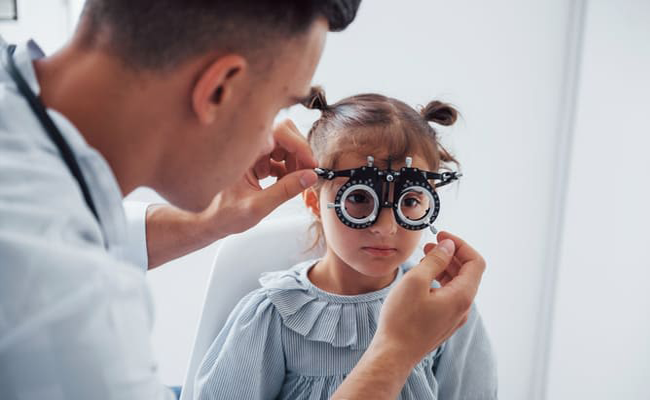

Pediatric ophthalmology is a subspecialty of ophthalmology focused on the diagnosis and treatment of eye conditions in infants, children, and adolescents. Pediatric ophthalmologists are specially trained to manage eye problems unique to young patients, including developmental and congenital abnormalities, as well as common eye conditions that affect children.
Pediatric ophthalmologists have specialized training and expertise in managing the unique eye care needs of children, ensuring that their vision develops properly and addressing any eye conditions or disorders promptly to prevent long-term complications.